In recent months, the deteriorating conditions in San Francisco’s jails have reached a critical point, prompting widespread concern and media attention. The escalating violence, severe staffing shortages, and the influx of mentally ill and drug-addicted inmates have created an environment of chaos and danger. Despite these alarming developments, Mayor London Breed and Sheriff Paul Miyamoto have failed to address these issues with the urgency and solutions required.
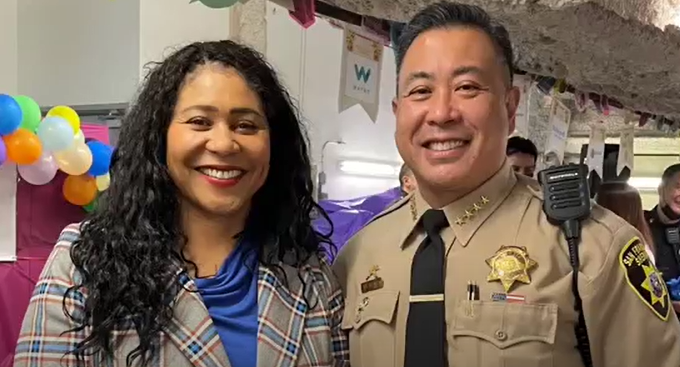
The Gravity of the Situation
The situation in San Francisco’s jails is dire. Lockdowns are increasingly frequent as deputies struggle to manage confrontations with inmates. The jails are overcrowded with individuals suffering from mental illness and substance abuse disorders, creating a volatile atmosphere. Deputies are being attacked and hospitalized, highlighting the risks they face daily. This environment is not only unsafe for staff but also undermines any attempts at rehabilitation for inmates.
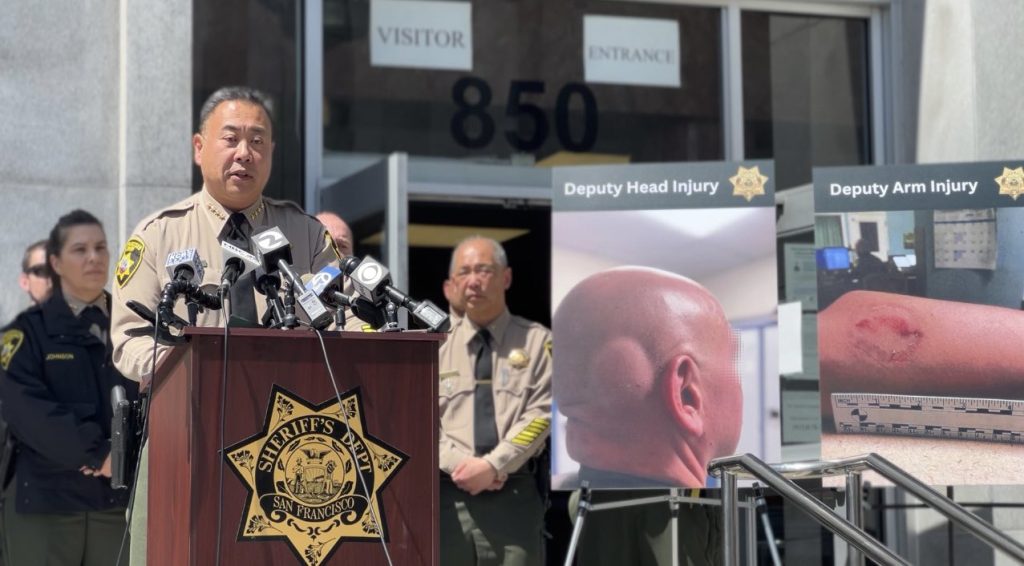
Leadership Failures
Mayor London Breed and Sheriff Paul Miyamoto bear significant responsibility for this crisis. Their lack of decisive action and failure to implement effective solutions have allowed these conditions to worsen.
- Inadequate Staffing: The staffing crisis in the Sheriff’s Department is well-documented. Despite being aware of the workforce shortage, there has been no effective plan to recruit and retain deputies. Qualified candidates are being lost to other jurisdictions due to slow hiring processes and inadequate incentives. This failure to staff up has left existing deputies overworked and unable to maintain order and safety.
- Lack of Comprehensive Planning: The increase in arrests, particularly of drug users and individuals with mental health issues, was foreseeable. Yet, there was no comprehensive plan to manage the resultant surge in the jail population. The lack of foresight and preparation has resulted in inmates being housed in inadequate facilities with insufficient support and programming.
- Neglect of Inmate Rehabilitation: Programs that could help rehabilitate inmates and reduce recidivism, such as education and mental health services, are suffering due to staff shortages. The reduced number of deputies means fewer classrooms and fewer opportunities for inmates to engage in constructive activities. This neglect hampers efforts to rehabilitate inmates and prepare them for reintegration into society.
The Call for Accountability
It is clear that Mayor Breed and Sheriff Miyamoto have not prioritized the safety and well-being of San Francisco’s inmates and deputies. Their inaction and lack of strategic planning have contributed to the current crisis. The chaotic conditions in the jails are a direct result of leadership failures at the highest levels.
San Franciscans must demand accountability. The well-being of inmates and deputies should be a top priority, not an afterthought. Mayor Breed and Sheriff Miyamoto need to:
- Implement an Immediate Staffing Plan: Expedite the hiring process for deputy sheriffs and provide competitive incentives to attract and retain qualified staff.
- Develop Comprehensive Care Plans: Establish robust mental health and substance abuse programs to address the needs of the inmate population.
- Ensure Proper Facilities and Resources: Invest in adequate facilities and resources to support inmate rehabilitation and safety.
The current state of San Francisco’s jails is unacceptable. It reflects a broader neglect of the criminal justice system and the people within it. For the safety of our community and the integrity of our justice system, it is imperative that Mayor Breed and Sheriff Miyamoto take immediate and decisive action to resolve these issues. San Francisco deserves better, and it starts with holding our leaders accountable.

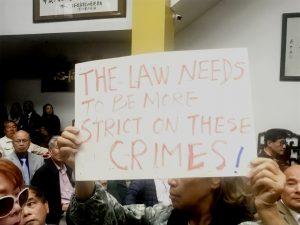
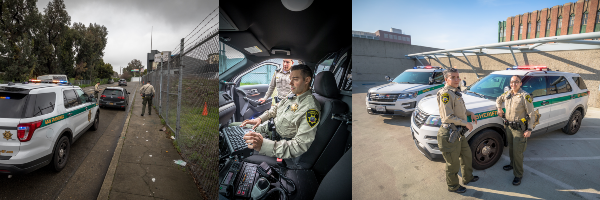
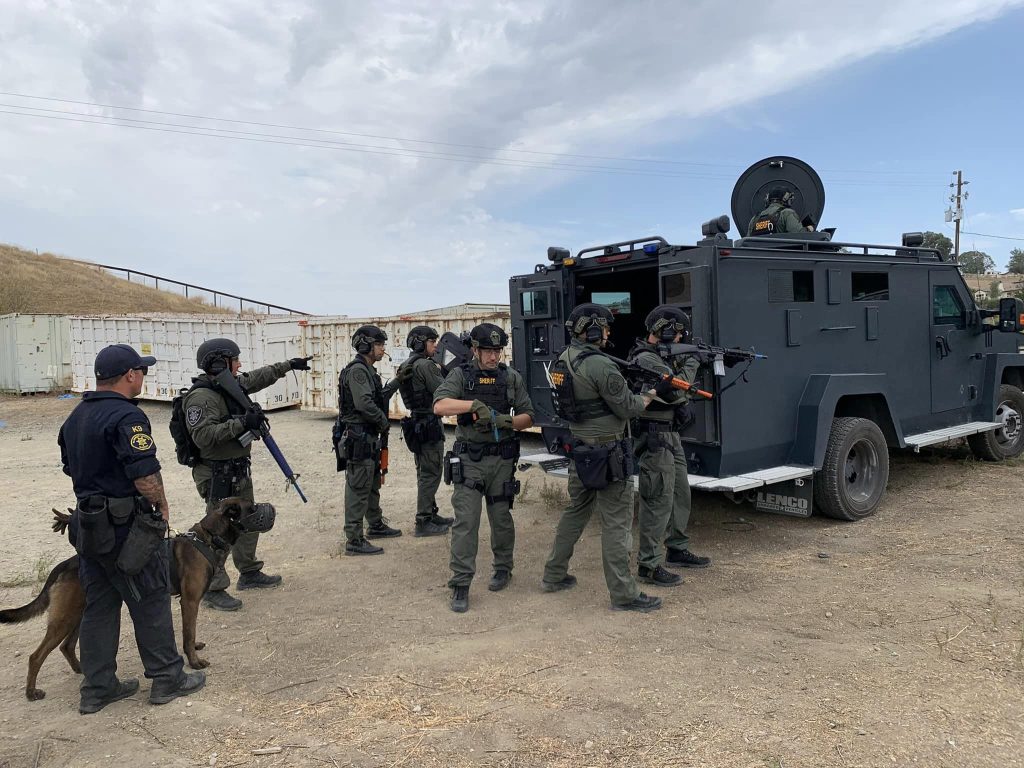
 San Francisco Deputy Sheriffs’ Association was recently recognized for our transparency with a 2018 Gold Seal on our GuideStar Nonprofit Profile!
San Francisco Deputy Sheriffs’ Association was recently recognized for our transparency with a 2018 Gold Seal on our GuideStar Nonprofit Profile!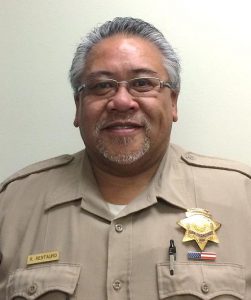 On April 18th, 2015 the San Francisco Sheriff’s Department took great pride in honoring four of our own at the Lion’s Club 52nd Annual Peace Officers, Firefighters and Sheriffs Awards Banquet. Up for accolades for acts above and beyond the call of duty are Sgt. Restauro, Sr. Deputy Clauzel, Deputy Li and Deputy Simms.
On April 18th, 2015 the San Francisco Sheriff’s Department took great pride in honoring four of our own at the Lion’s Club 52nd Annual Peace Officers, Firefighters and Sheriffs Awards Banquet. Up for accolades for acts above and beyond the call of duty are Sgt. Restauro, Sr. Deputy Clauzel, Deputy Li and Deputy Simms.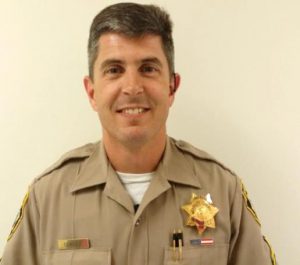 In February of 2015, San Francisco Sheriff’s Sgt. Restauro and San Francisco Sheriff’s Sr. Deputy Clauzel intervened to save the life of a Zuckerberg San Francisco General Hospital (SFGH) employee. The employee, who was depressed and suicidal, went missing after brandishing a razor. During their search, Sgt. Restauro and Sr. Deputy Clauzel contacted law enforcement departments from as far away as Arizona, utilized ingenuity in following up on various investigative leads, and worked closely with the employee’s family.
In February of 2015, San Francisco Sheriff’s Sgt. Restauro and San Francisco Sheriff’s Sr. Deputy Clauzel intervened to save the life of a Zuckerberg San Francisco General Hospital (SFGH) employee. The employee, who was depressed and suicidal, went missing after brandishing a razor. During their search, Sgt. Restauro and Sr. Deputy Clauzel contacted law enforcement departments from as far away as Arizona, utilized ingenuity in following up on various investigative leads, and worked closely with the employee’s family.